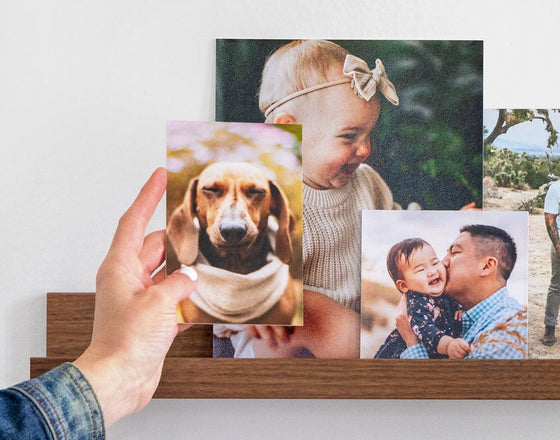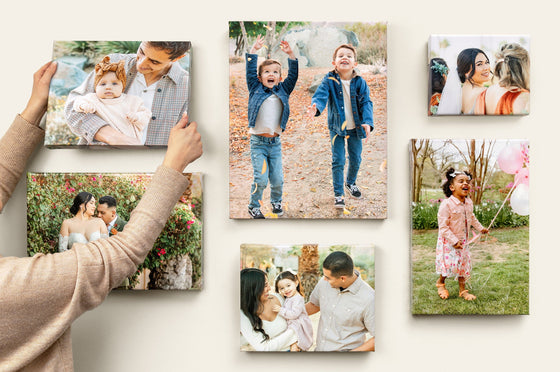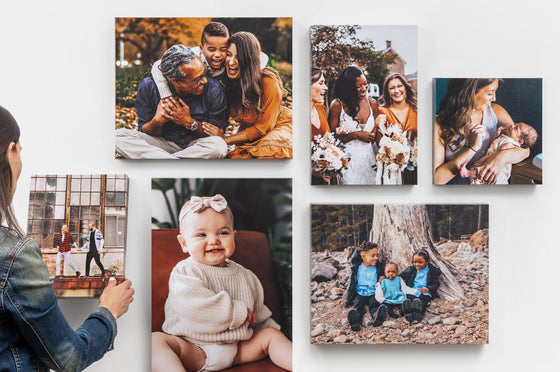Guest post by Stacy White PhotographySports photography is a fast-paced and action-packed area that covers every aspect of the sport. From warmups to game-winning celebrations, there are many different things to focus on. All of this may seem a little daunting, but below are a few tips to get you started.
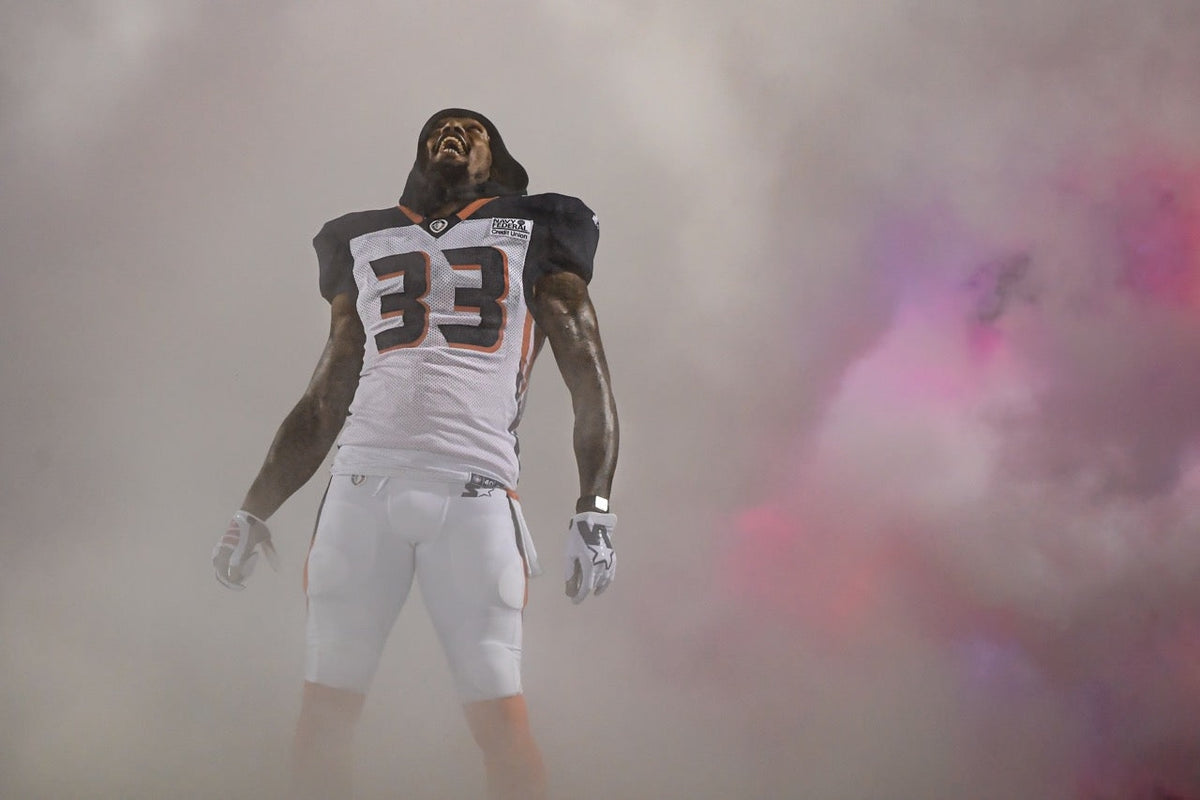
Getting Started in Sports Photography
By Lizzie Russo - February 28, 2023 - Photography, Business, and Brand
Related Posts
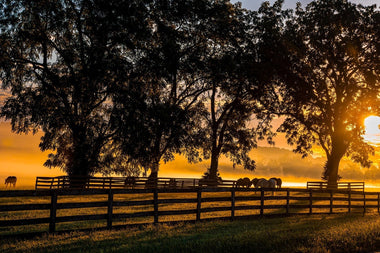
InspirationOur Employee World Photography Day Contest
August 19 was World Photography day, and as a company with talented employees passionate about photography, we wanted to take...
Read More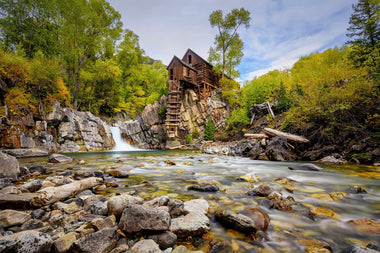
InspirationTips and Tricks to Photographing Waterfalls
A Guest Post written by Stacy White, an NPL Photographer Brand Ambassador Capturing the beauty of waterfalls is a favorite...
Read More
Business and Brand10 Essential Tips for a Successful Newborn Photo Session
A Guest Post by Andre Toro Photography Welcome to the world of newborn photography, where we delve into the realm...
Read More